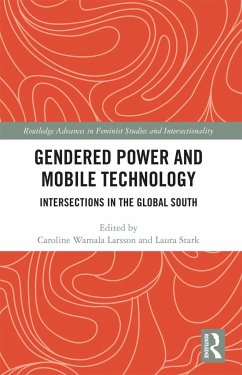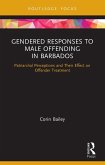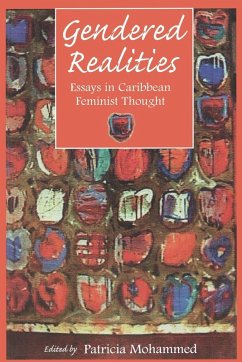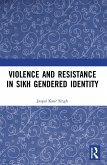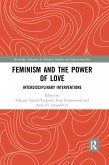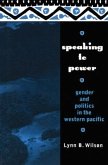Mobile phones are widely viewed as the information and communication technology that holds the most promise for bridging global digital divides. Gendered Power and Mobile Technology uses empirical research to focus on changing intersections between technology, gender and other categories of social and cultural power difference (such as age, race, class, and ethnicity) in the use of mobile communication technologies. Asking how these intersections can inform development discourse, practice, and research, this volume seeks to rectify the lack of attention to the Global South, calling for more sensitivity to the contexts and consequences of mobile phone use. Indeed, drawing on case studies from Ecuador, Ghana, Kenya, Mexico, Peru, Tanzania, and Uganda, this book engages with the intersectionality paradigm to tease out the complexities of using mobile technologies for development purposes. Gendered Power and Mobile Technology will appeal to students and researchers interested in fields such as media studies, development studies, gender and technology, feminist technoscience, anthropology, and sociology.
Hinweis: Dieser Artikel kann nur an eine deutsche Lieferadresse ausgeliefert werden.
Hinweis: Dieser Artikel kann nur an eine deutsche Lieferadresse ausgeliefert werden.

